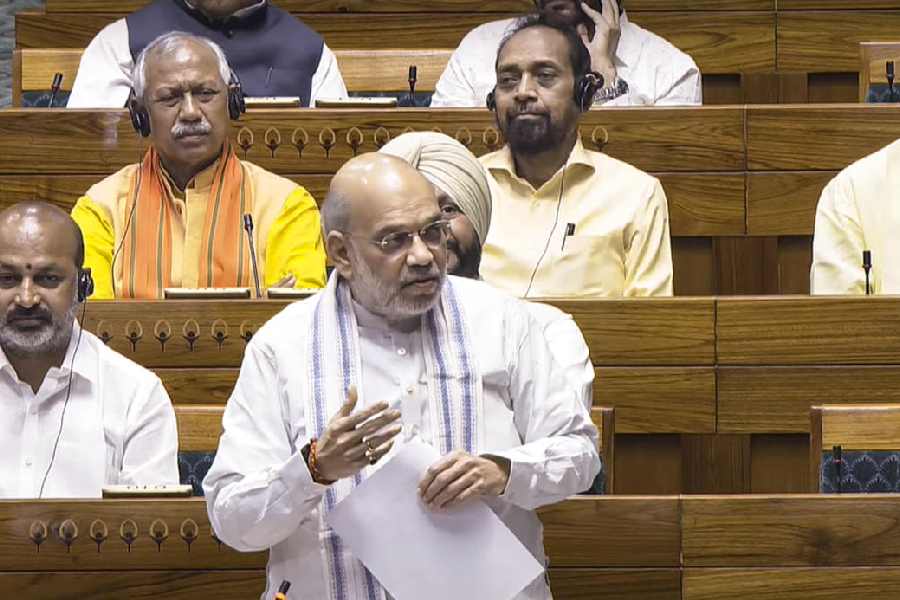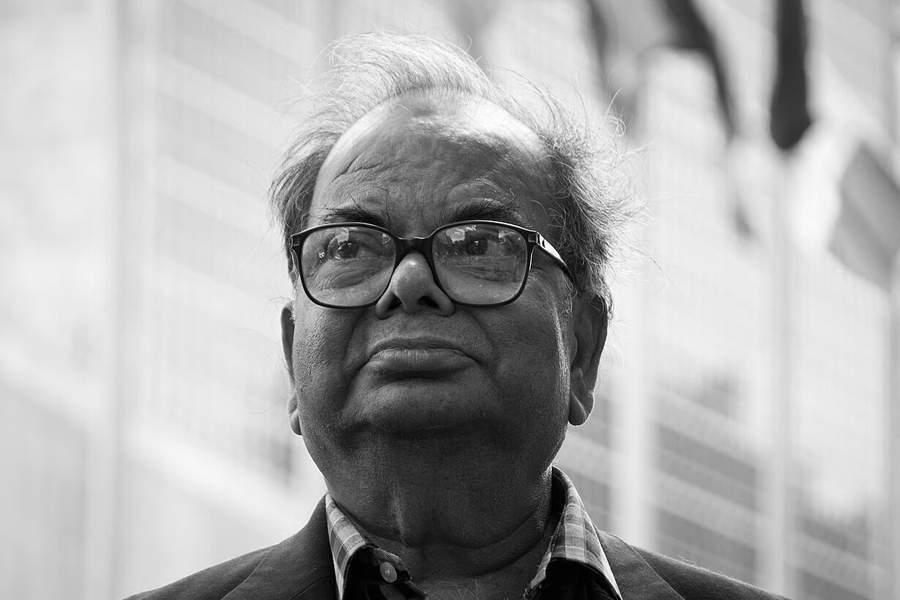The Lok Sabha on Thursday passed the Immigration and Foreigners Bill, 2025, with the government touting it as a step towards strengthening national security, while the Opposition slammed it for granting "arbitrary powers" to immigration authorities and demanded a thorough review.
Union Home Minister Amit Shah, while defending the bill, said it seeks to regulate all matters related to immigration and foreigners in India, ensuring national security while fostering economic growth and tourism.
"I welcome everyone who wants to visit India as a tourist, for education, healthcare, research, and business. But those who pose a threat to the country will be dealt with sternly," Shah said during the debate.
The legislation, which replaces four existing laws, makes it mandatory for hotels, universities, and hospitals to report information on foreign visitors.
It also imposes strict penalties, including up to seven years in prison and fines of up to ₹10 lakh, for the use of forged travel documents.
The bill empowers the government to regulate premises frequented by foreigners, giving authorities greater control over tracking movements of overstaying individuals.
Opposition cries foul over ‘unchecked authority’
While the government presented the bill as a necessary tool to streamline immigration policies, opposition leaders raised serious concerns over its provisions.
Congress MP Manish Tewari said the bill grants "arbitrary powers" to the government to exempt certain categories of foreigners and makes the decision of immigration officers "final and binding" in disputes.
"This essentially means there is no appeal, no argument, and no lawyer. Whatever the immigration officer decides will be absolute," Tewari argued, pointing out that other countries like the US and Canada have dedicated immigration courts and boards to handle disputes.
Tewari also criticised a clause that allows immigration officers to seize passports deemed "damaged" without clearly defining what constitutes damage.
"This provision opens the door for harassment and unchecked power," he said.
Several opposition MPs, including Samajwadi Party’s Rajeev Rai and Trinamool Congress’ Sougata Ray, demanded that the bill be sent to a Joint Parliamentary Committee (JPC) for further scrutiny.
"This bill pertains to national security and international relations. It requires a deeper examination to prevent potential misuse," Rai said.
Communist Party of India (Marxist) MP K Radhakrishnan and Rashtriya Janata Dal’s Sudhakar Singh echoed similar concerns, with Singh arguing that some provisions of the bill violate the Constitution’s basic structure.
Government firm on its stand
Despite the opposition's demands, the bill was passed by a voice vote after proposed amendments were rejected. Shah insisted that the legislation aligns with India's vision of becoming a developed nation by 2047 and ensures that every foreigner visiting India is accounted for.
"It is necessary to know why someone is coming to India and how long they intend to stay," he reiterated.
Opposition MPs, however, warned that granting immigration officers excessive powers without a clear system of appeal could lead to widespread misuse.
Congress MP Manoj Kumar went as far as to demand that the bill be "either sent to a JPC or withdrawn altogether."










